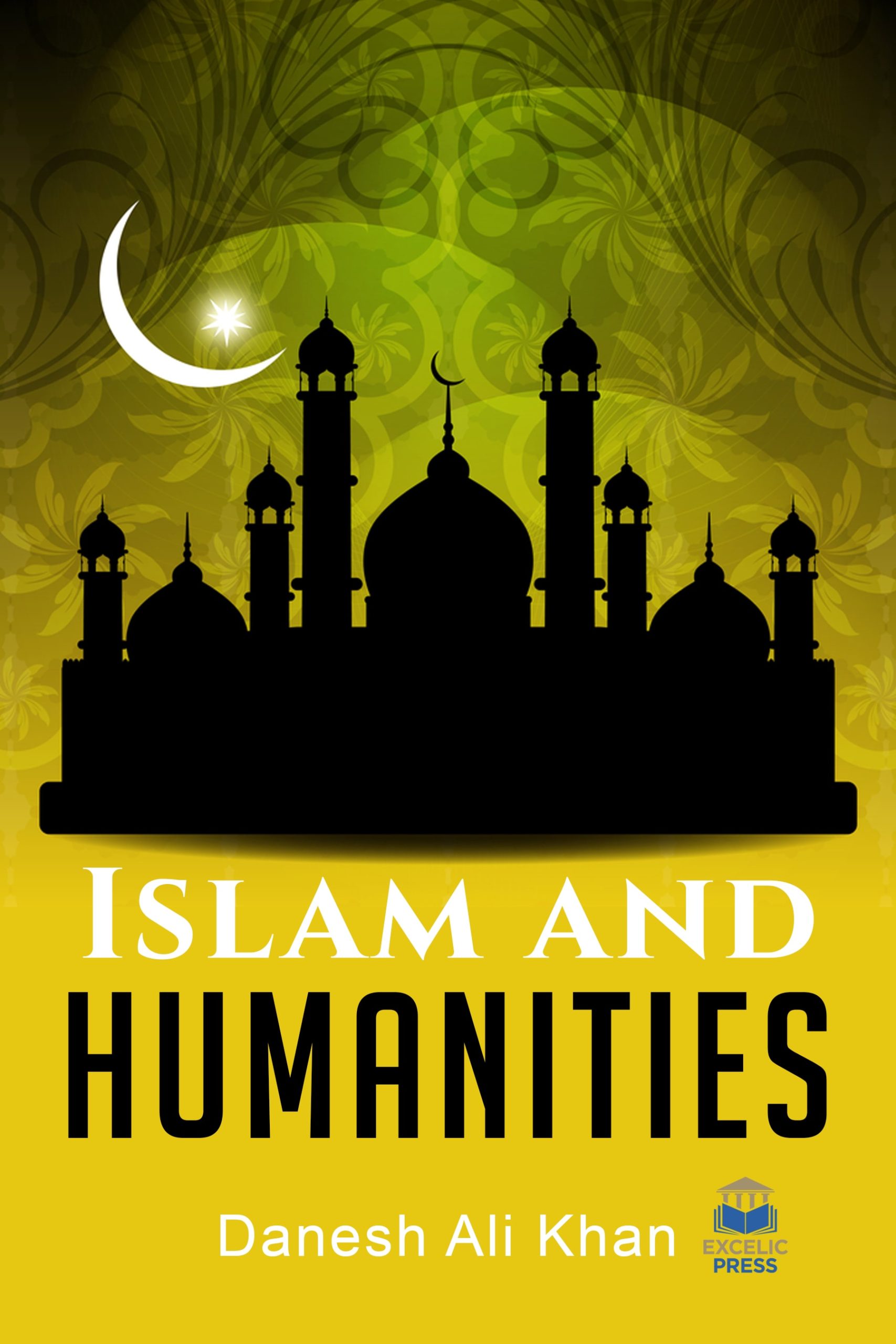However, public as well as private provision of social welfare is not a new phenomenon in the Muslim world. Whereas government and public involvement in the provision of social welfare has been haphazard, despite various attempts at direct state involvement especially in the post-colonial world, private and what might be labelled as semi-official activities, such as the establishment of pious foundations and the activities of the Sufi orders, have a solid foundation in local Muslim societies. As such, the modern concept of the Islamic state is a new one, being the outcome of scholarly debate during the twentieth century. The concept of an Islamic state was constructed as an alternative to the failure of the various secular nation-states in the Middle East during the twentieth century.
Islam and Humanities is intended to emphasize the variety of both agents and ways to provide social welfare in Muslim societies. In addition, social welfare, as such, is both being reflected upon and debated by Muslim intellectuals. Our attempt has therefore been to capture both the theoretical as well as the actual dimension of social welfare. This book presents a discussion about a particular discourse within Islamic studies, namely the attempt to create a social welfare system through the establishment of an Islamic economy. Rich culture of Islam Inspired by the values of the friendship, cooperation and voluntary participation in the various spiritual and material activities, self-sacrifice and personal property and allocation it to public affairs and social welfare under the name of Waqf, specificity unique Islamic almshouses or social entrepreneurship in Islamic countries. The current book with micro antipathetic descriptive and analytical approach, also intended to explain the Islamic and sustainable social entrepreneurship model for development and social welfare programs.

